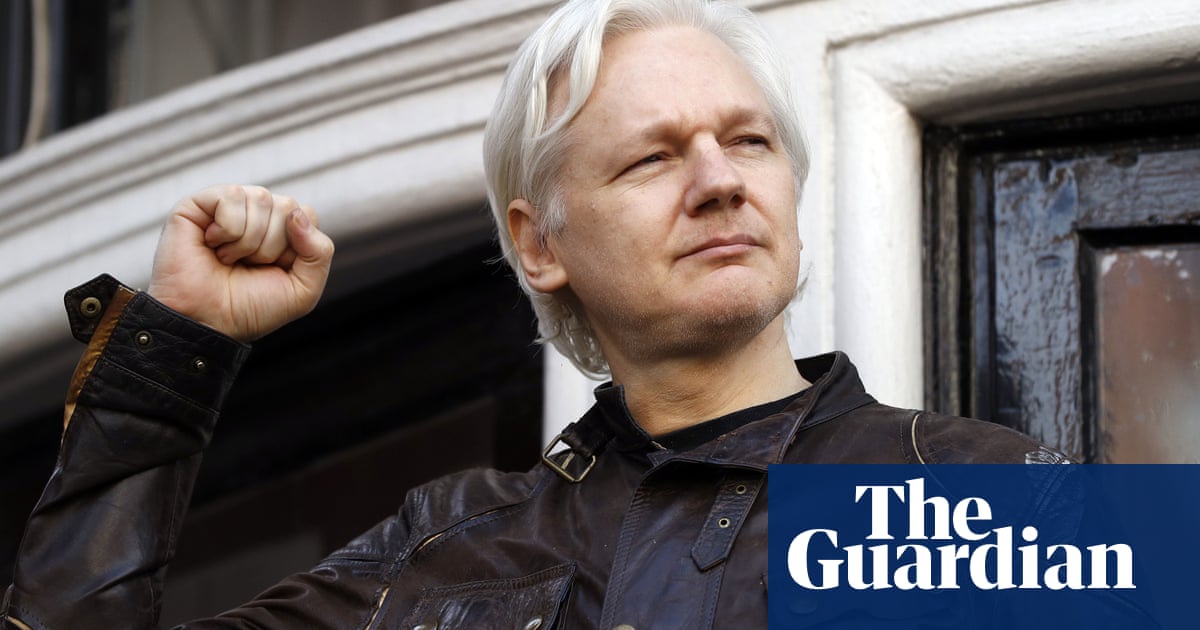CIA Officials Under Trump Discussed Assassinating Julian Assange

Senior CIA officials during the Trump administration discussed abducting and even assassinating WikiLeaks founder, Julian Assange, according to a US report citing former officials.
The discussions on kidnapping or killing Assange took place in 2017, Yahoo News reported, when the fugitive Australian activist was entering his fifth year sheltering in the Ecuadorian embassy. The then CIA director, Mike Pompeo, and his top officials were furious about WikiLeaks’ publication of “Vault 7”, a set of CIA hacking tools, a breach which the agency deemed to be the biggest data loss in its history.
Pompeo and the CIA leadership “were completely detached from reality because they were so embarrassed about Vault 7”, Yahoo cites a former Trump national security official as saying. “They were seeing blood.”
Some senior officials inside the CIA and the Trump administration went as far as to request “sketches” or “options” for killing Assange. “There seemed to be no boundaries,” a former senior counterterrorist official was quoted as saying.
The CIA declined to comment.
The kidnapping or murder of a civilian accused of publishing leaked documents, with no connection to terrorism, would have triggered global outrage.
Pompeo raised eyebrows in 2017 by referring to WikiLeaks as a “non-state hostile intelligence service”. The Yahoo report said that it was a significant designation, as it implied a green light for a more aggressive approach to the pro-transparency group by CIA operatives, who could treat it as an enemy espionage organization.
Barry Pollack, Assange’s US lawyer, did not respond to a request for comment, but told Yahoo News: “As an American citizen, I find it absolutely outrageous that our government would be contemplating kidnapping or assassinating somebody without any judicial process simply because he had published truthful information.
“My hope and expectation is that the UK courts will consider this information and it will further bolster its decision not to extradite to the US,” he added.
Assange had been sheltering in the Ecuadorian embassy since 2012 to avoid extradition to Sweden to face sexual assault allegations. He was arrested in 2019 after being evicted by the Ecuadorian government and is now in prison in London, from where he is fighting extradition to the US.
US prosecutors have accused him under the Espionage Act of seeking to assist Chelsea Manning in hacking a military computer network to obtain classified documents, attempting to help the former US army analyst and conspiring to obtain and publish classified documents in violation of the Espionage Act.
The use of the Espionage Act in the case was heavily criticized by human rights groups who pointed out that it opened the door for its use against investigative journalists in general, much of whose work revolves around obtaining and publishing information that governments would prefer to keep secret.
READ MORE HERE
